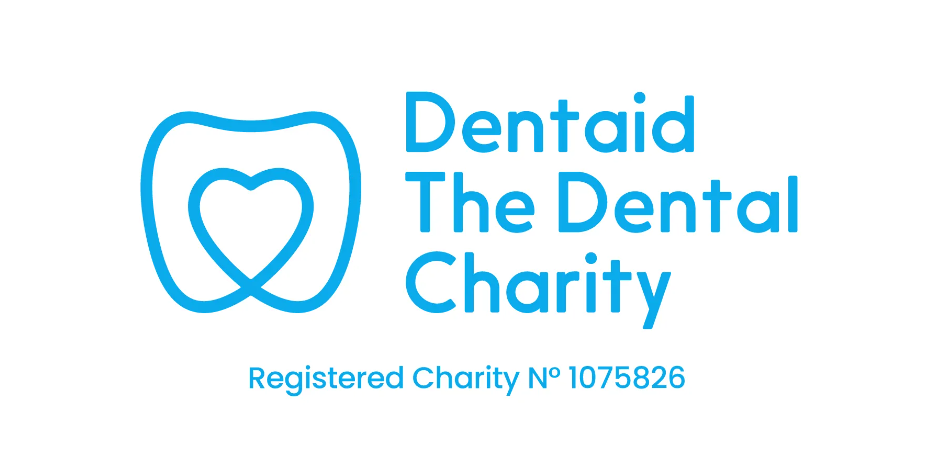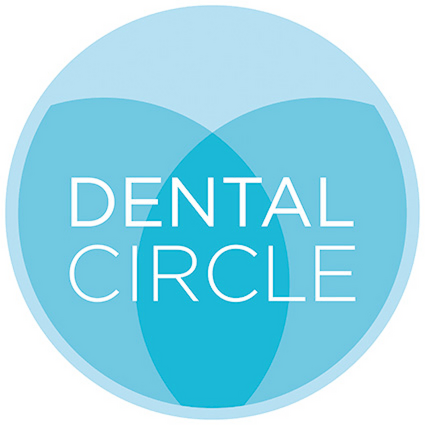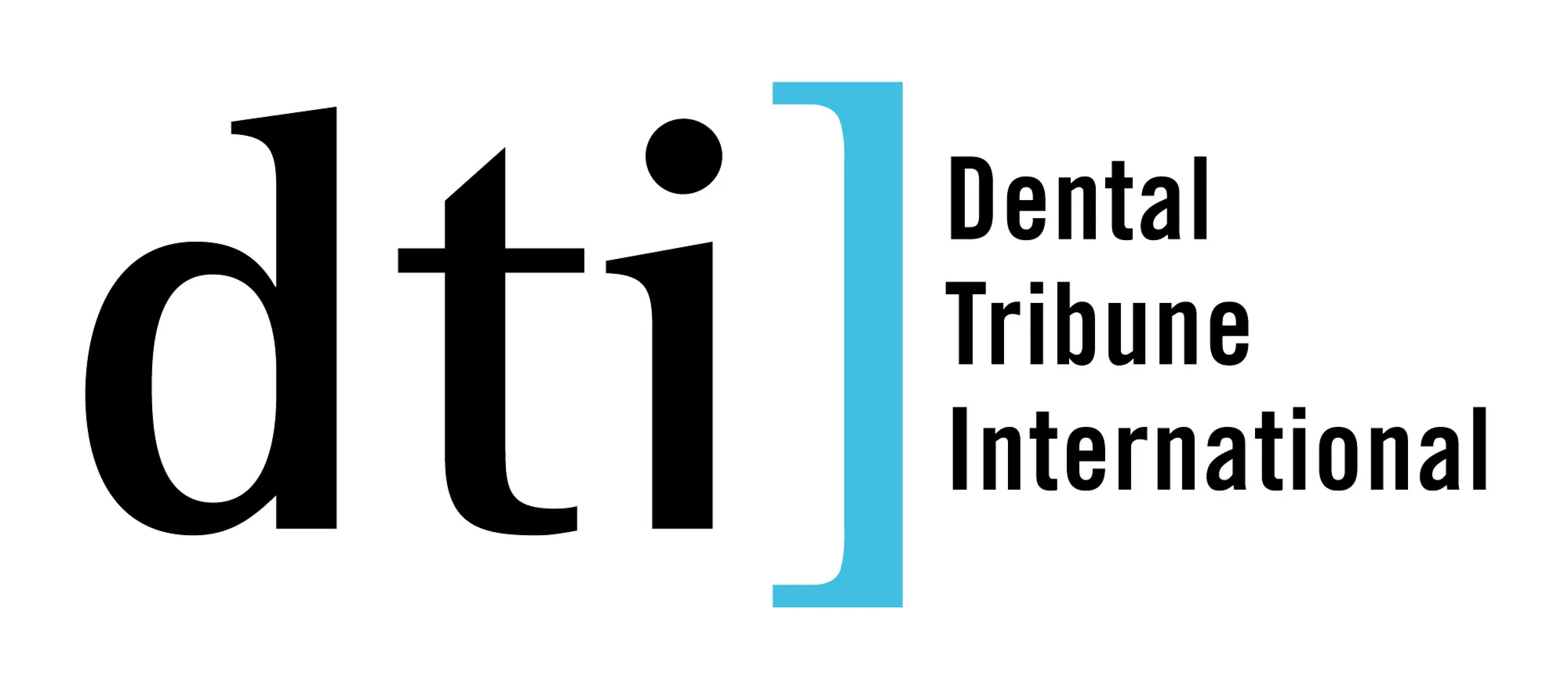What is a Dental Technologist?
Tony Griffin MBE explains the work of the dental technologist, and their essential role as part of the oral healthcare team
The skills and experience of registered dental technicians are recognised by our UK Government as an essential part of the dental team. But although they must be registered with the General Dental Council (GDC) in order to work [1] very little is known about them by the general public. Who are they, you ask? What do these mysterious dental technicians do that is so essential to my oral health?
I’d be happy to explain. When they visit the surgery every dental appliance or restoration the dentist places in a patient’s mouth – which includes crowns, bridges, braces and dentures – should have been precision manufactured to the highest standards by a registered dental technician (or in the more modern parlance ‘dental technologist’).
And there’s more. Over the last year we have heard a great deal regarding the Medicines and Healthcare products Regulatory Agency (MHRA) [2] and its role in ensuring that our COVID vaccinations are safe and quality assured. In the same way, GDC registered dental technicians must also be regulated by the MHRA, and are required to ensure that each patients’ custom-made dental appliance is quality assured to the same high national standards as those vaccines.
What does registration mean?
Every member of the professional dental team – from the dentist to the dental technologist to the dental therapist or hygienist to dental nurses – must be registered with the relevant UK regulator ie GDC. This means that only people currently registered with the GDC can use the protected title of ‘dental technician’or ‘dentist’ or ‘dental nurse’ etc.
The GDC provides guidance and support to dental professionals to help them work together in a well-trained, motivated and competent fashion. So, although you may rarely see a dental technologist (dental technician in old terms), they are very much an integral part of the modern dental team.
Technologists must renew their GDC registration on an annual basis, obtain indemnity insurance, declare any legal cautions or convictions and any health issues that might affect their work. They must also undertake mandatory life long learning called continuing professional development (CPD) and comply with the GDC’s professional Standards for their scope of practice [3,4].
This is in order to protect patients from deception and help maintain public confidence that their dental restorations are what they paid for and fit for purpose; after all these devices are going into their mouths and failure to function or poor biocompatibility will directly impact their quality of life.
The restorations must also be manufactured to suit the patient’s individual needs, including any allergic reactions they might be prone to, meaning they must meet the exact material specifications detailed on the prescription.
Statement of Manufacture
Your next question must surely be: What guarantees do I get that this dental technologist is doing their job as an integrated member of the dental team? Where’s the proof? In fact, proof must be provided. By law any custom-made dental restoration designed and manufactured by a dental technologist needs a certificate confirming that it meets the MHRA’s stringent requirements.
This certificate, called the ‘Statement of Manufacture’, is your guarantee that whatever restoration you have been provided with has been quality assured by a UK registered dental technologist, and manufactured to the prescription as agreed with the clinician. Your certificate will include the dental laboratory’s UK address/es and its four-digit MHRA registration number as recorded on the MHRA database [5].
Final questions; what value do patients receive from dental technologists being part of the dental healthcare team? And what is so important about them being registered with the GDC? The answer is threefold:
- The clinician who places complex fixed or removeable dental restorations into a patient’s mouth is legally responsible for the patient’s care. They are required to have contracted the manufacture from an MHRA registered dental laboratory, and liaised with, a GDC registered dental technologist in order to obtain the safest and most appropriate result for the patient.
- However, using a simple visual inspection the clinician cannot tell the difference between a good appliance and a bad appliance, or know what materials have been used. That would require a total physical and chemical analysis of the product through destructive testing. Complete trust and reliance on the quality of the work carried out by the dental technologist becomes essential.
- There are no simple tests to prove whether an individual restoration is biocompatible or not. It is only through the lawfully registered and regulated dental technician’s Standard operating Procedures (SoPs) which must meet the MHRA requirements for custom-made dental devices – and by accepting the Statement of Manufacture as a quality assurance guarantee – that patients can be confident their appliances meet every UK quality and safety standard.
In conclusion, the onus is placed directly on the GDC registered dental technologist’s shoulders, working as an integrated core member of the oral healthcare team, to ensure that every patient’s dental appliance has been manufactured to the UK’s highest clinical standards, is safe, and fit for purpose. So the next time you receive a dental appliance or crown etc why not ask ‘so who was the Dental Technician who quality assured it for me?’
References:
1] General Dental Council – Statutory regulators for Dentistry in the UK. Link: https://www.gdc-uk.org/ (Accessed 11-5-2021)
2] Medicines and Healthcare products Regulatory Agency (MHRA). Link: https://www.gov.uk/government/organisations/medicines-and-healthcare-products-regulatory-agency (Accessed 11-5-2021)
3] The UK Government declaration to the European Parliament Regulated profession – Dental Technician (United Kingdom). Link: https://ec.europa.eu/growth/tools-databases/regprof/index.cfm?action=regprof&id_regprof=12065&tab=pro (Accessed 11-5-2021)
4] GDC Standards for the Dental Team 2013. Link: https://standards.gdc-uk.org/Assets/pdf/Standards%20for%20the%20Dental%20Team.pdf (Accessed 11-5-2021)
5] MHRA Data base of UK recognised medical manufacturers. Public Access Database for Medical Device Registration. Link: https://aic.mhra.gov.uk/era/pdr.nsf/name?openpage&start=1&count=200 (Accessed 11-5-2021)
NOTES TO THE EDITOR
About the Dental Technologists Association
The Dental Technologist Association (DTA) is the professional body and membership association for dental technologists in the UK. The DTA are committed to advancing standards within dental technology to benefit oral healthcare of the nation, as well as facilitating our members with the tools they need to stay educated and compliant. To learn more about the DTA please visit www.dta-uk.org
The DTA supporting and promoting professional UK dental technology
The DTA is creating a platform that recognises professional UK dental technology and underpins the importance of all dental professionals supporting the UK profession and local businesses.
Working with dental technologists who display this badge means they are:
- a professional holding the knowledge, skills, attitudes and behaviours a registrant must have to practise safely, effectively and professionally as a dental technician registered with the General Dental Council (GDC)
- appropriately qualified and meet the generic and profession-specific standards for dental technicians
- a member of their professional association the Dental Technologist Association (DTA), with access to lifelong learning and quality continuing professional development (CPD), regulatory updates and guidance documents in order to develop throughout their career and continue to practise legally within their developing scope of practice.
- responsible for the quality of their finished work before it is released to the dentist and patient and hold the necessary indemnity insurance
As ever the best way of making our voice heard is to represent the broadest coalition of our profession, so we urge all dental technologists to consider joining the Dental Technologist Association (DTA), their professional organisation.
About Dental Technology
A dental technologist (or dental technician) is a member of the dental oral healthcare team who, upon prescription from a dental clinician, construct custom-made restorative and dental appliances such as dentures, crowns, bridges and dental braces for individual patients.
There are four major disciplines within dental technology, these are:
- Fixed prosthesis including crowns, bridges and implants;
- Removable prosthesis, including dentures and removable partial dentures;
- Orthodontics, including orthodontic appliances and mouthguards;
- Maxillofacial prosthesis, including ocular prosthesis and craniofacial prosthesis (generally carried out in the Hospital provision)

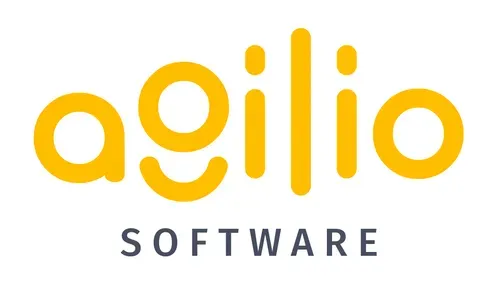






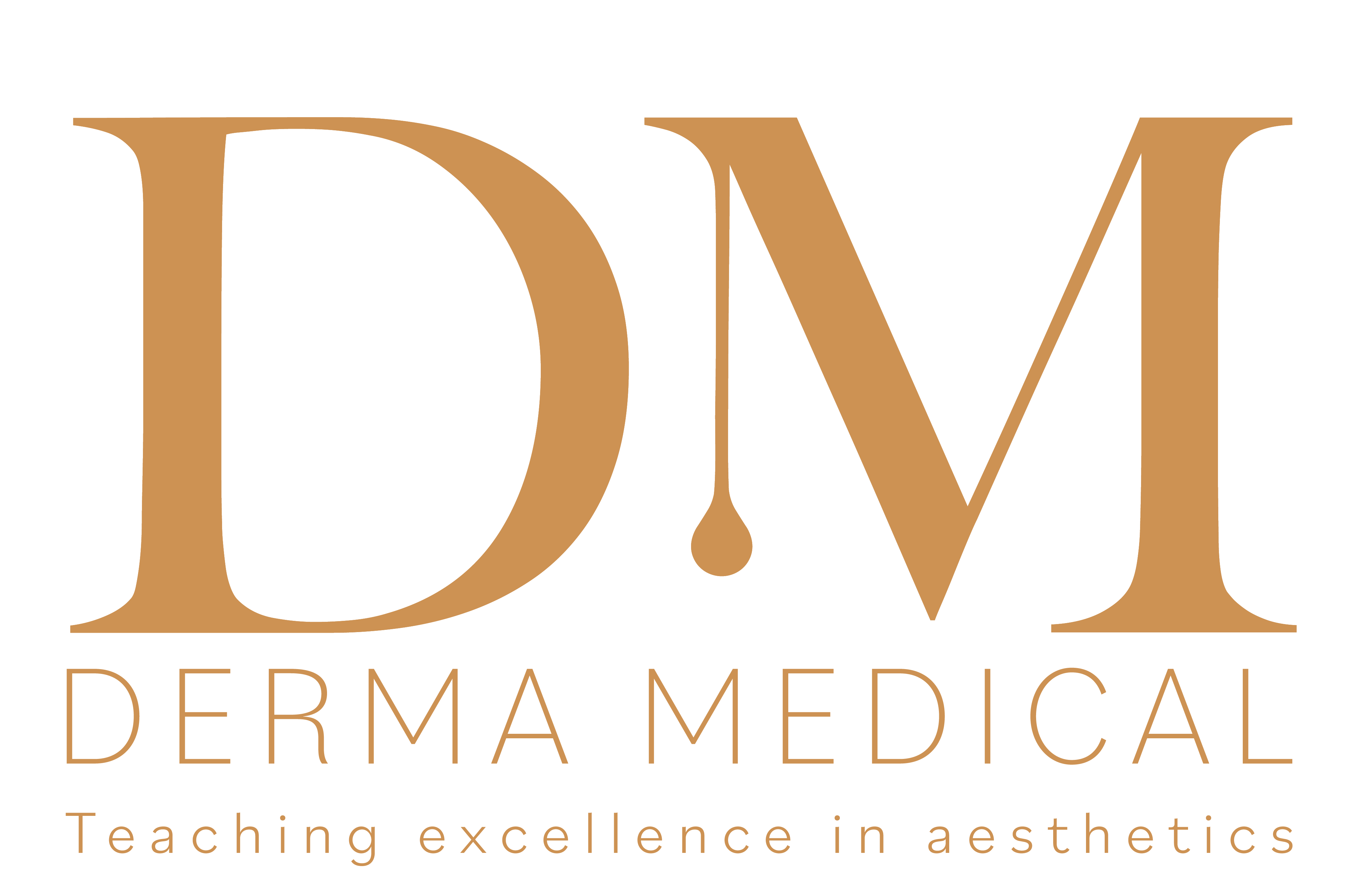

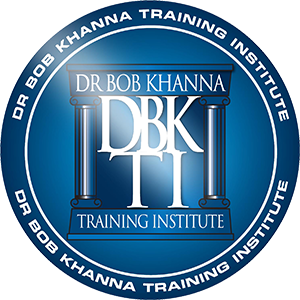












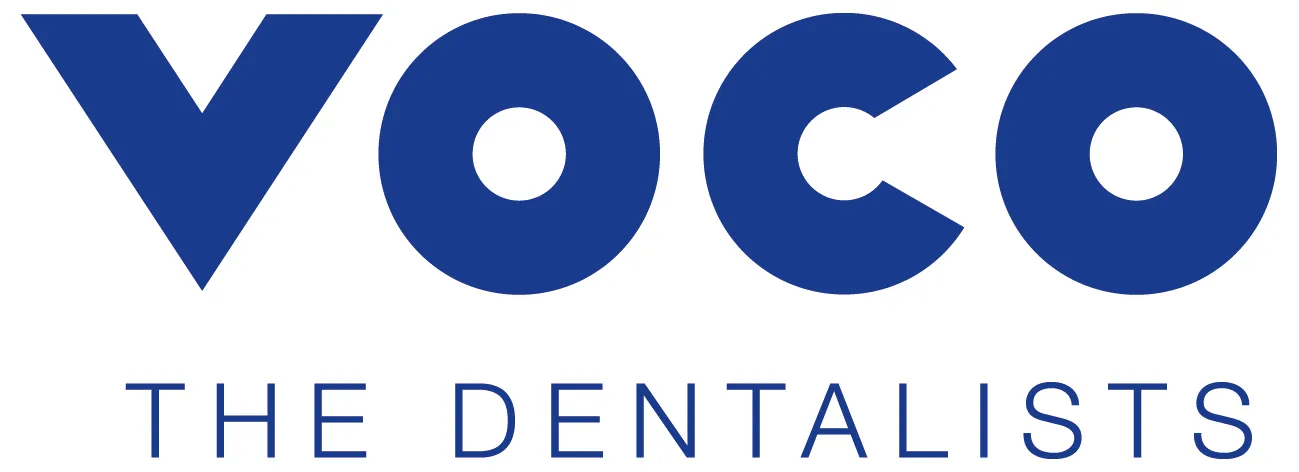




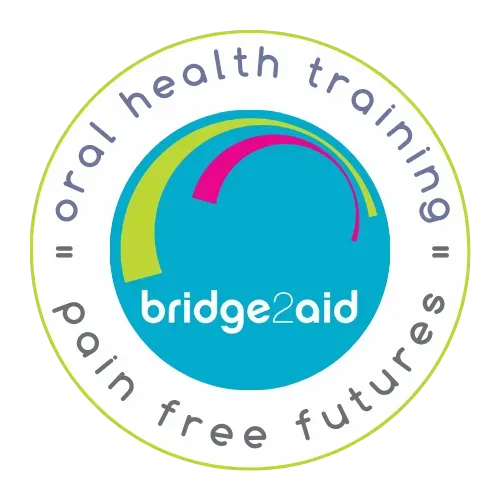
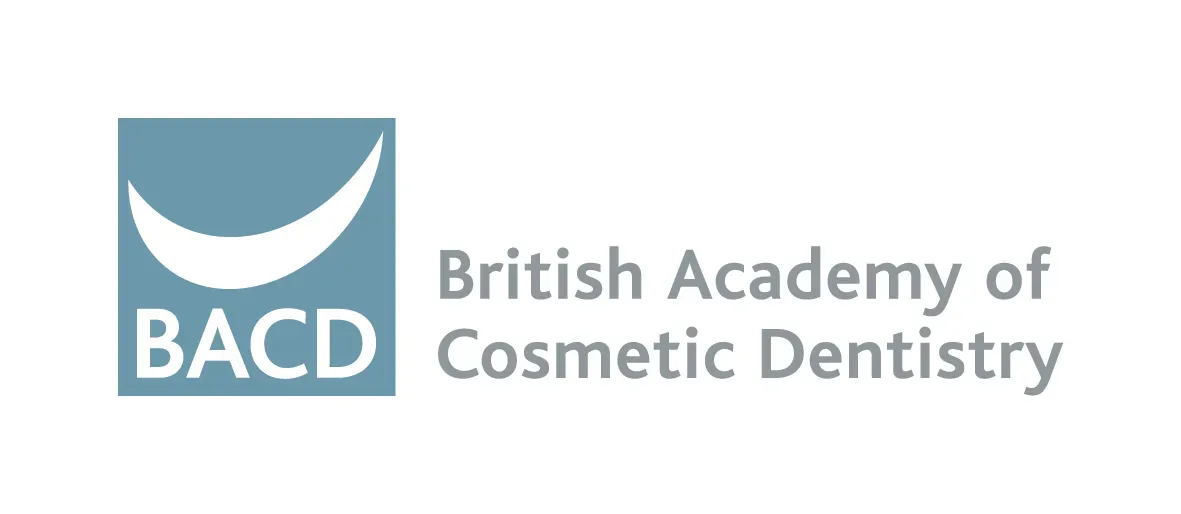
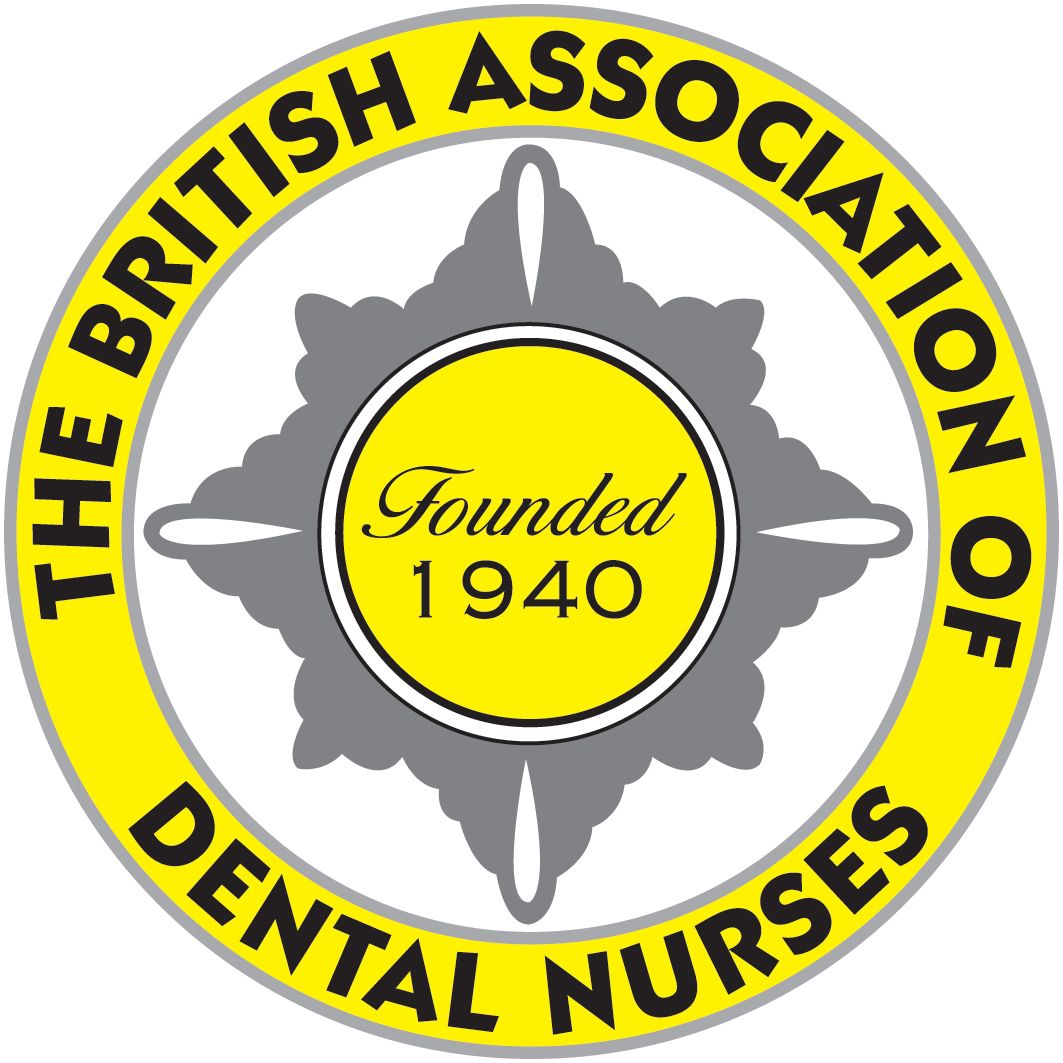
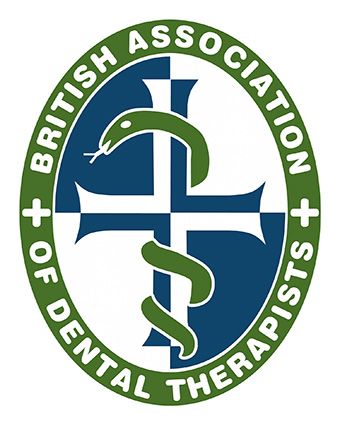
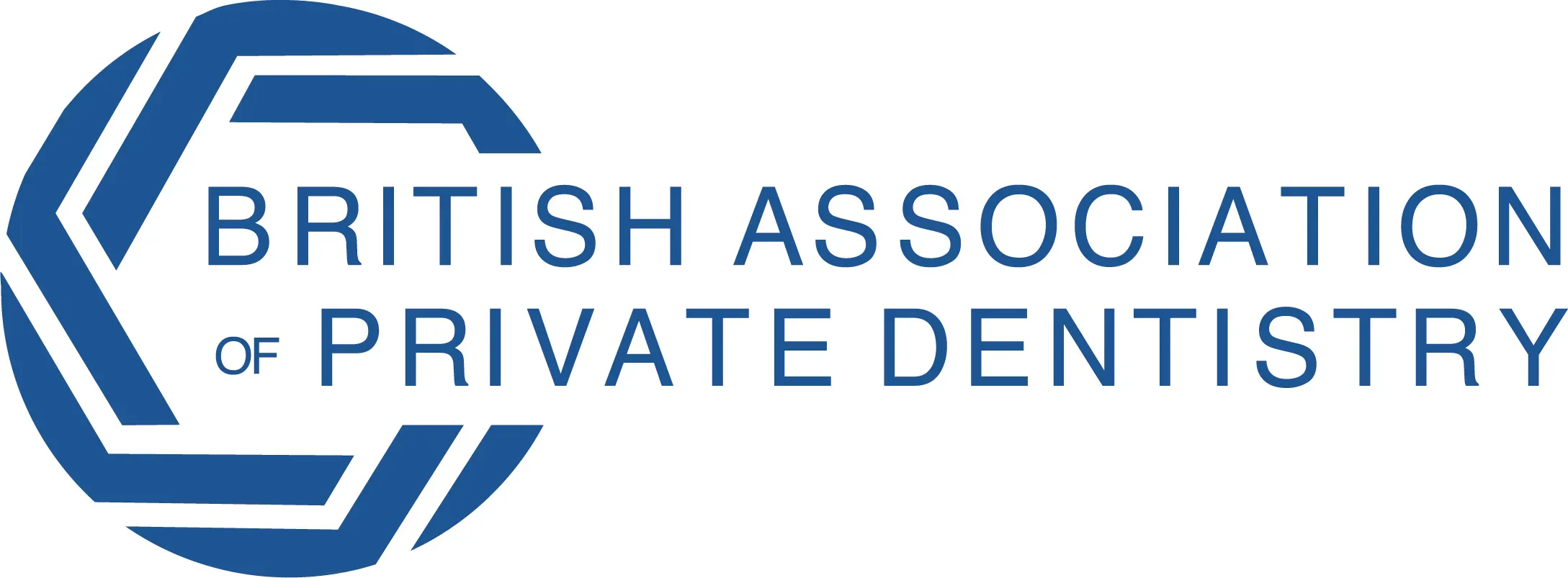

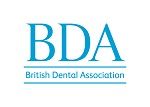
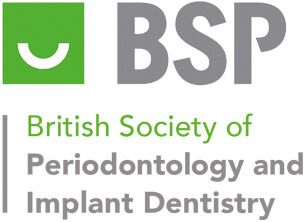
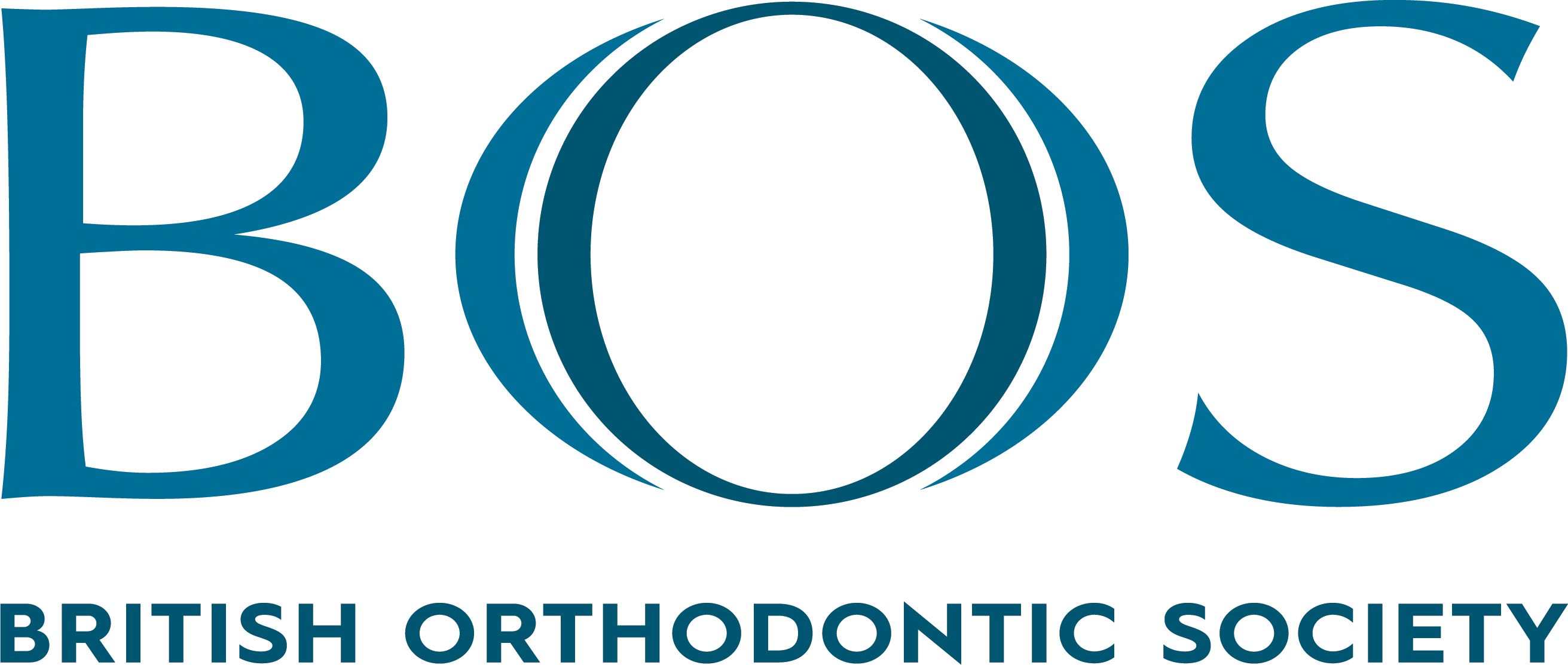


.png)
